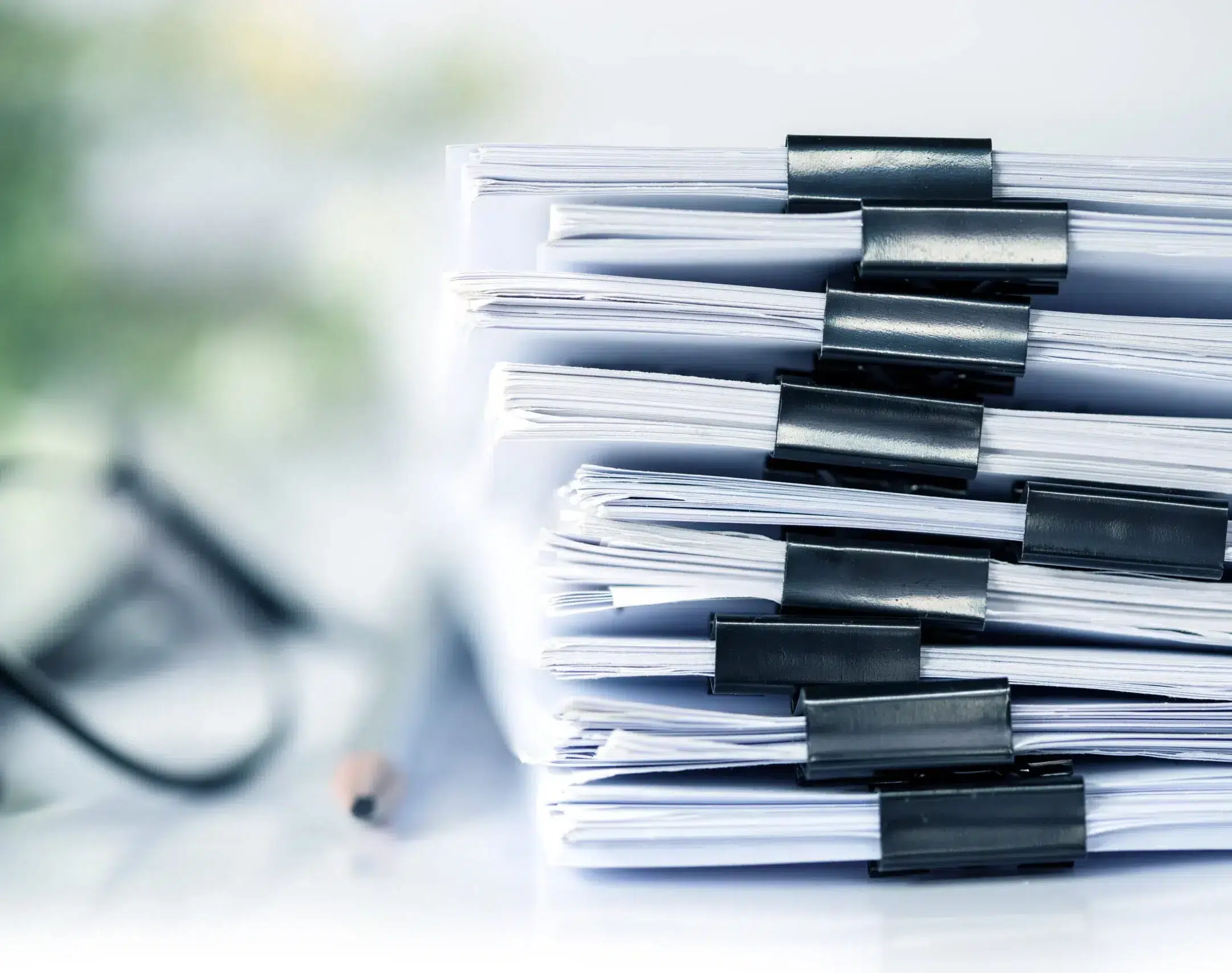Expanding your business into France is an exciting step — but it can quickly turn into a maze of tax rules, payroll complexities, and legal obligations. Many British entrepreneurs admit they underestimated just how different “doing business in France” really is. We asked Clotilde Brief – UKBC Lille expert who works at the accounting firm DBLA – what every British company should know and her recommendations to overcome those challenges. Discover her interview.
What are the most frequent accounting and taxes challenges British companies face?
For many British entrepreneurs, France feels close, a short flight, a familiar market, a shared business culture.
But when they start wanting to develop, they hit a wall: understanding French accounting and taxes.
It’s not necessarily harder but it’s just different from the way things operate in the UK.
Investors usually experience 2 main challenges:
French employment law is highly regulated, with strict rules on employment contracts, working time, paid leave, social security contributions and mandatory employee benefits. Companies frequently struggle to understand their obligations and to manage payroll compliance correctly.
The French tax system can be difficult to interpret for foreign businesses. VAT rules, corporate tax, permanent establishment issues and sector-specific obligations can all create uncertainty and lead to compliance risks if not properly managed.
“At DBLA, we support companies of all sizes by guiding them through the complex French administrative, legal and tax environment. We help ensure that your expansion in France is fully compliant, efficient and adapted to your business model.” – Clotilde Brief
🔎 Discover our article on how France works, a perfect guide for British investors
The role of DBLA in helping British companies tackle accounting and taxes
Behind every expansion story lies a risk: getting lost in translation.
DBLA often meets business owners who arrive full of ambition — only to find themselves bogged down by administrative complexity. A payroll issue can delay hiring. A missed VAT registration can freeze cash flow.
Without a local expert, what should be a step forward can quickly become a setback.
This is where DBLA steps in. It serves as a bridge between the UK and France, built on precision, reliability, and trust.
As a key partner of the UK Business Centre Lille, DBLA supports British companies through every stage of their expansion journey, from initial setup to daily operations.

How does DBLA provide solutions to British companies with their accounting needs ?
“Following a free initial consultation to assess your situation and requirements, we offer customized solutions to meet your needs and deliver the right services for you.
We can set up and manage your entire French presence, including the incorporation of the French entity, VAT registration and filings, payroll processing, bookkeeping, accounting, and all related tax declarations.
Alternatively, if your bookkeeping remains in the UK, we can support your finance team by:
-training them on French accounting, VAT and payroll rules,
-reviewing their work on a regular or ad-hoc basis,
-stepping in whenever needed to ensure the UK company remains fully compliant with French obligations.” – Clotilde Brief

How does DBLA’s support benefit to British companies?
A British company was looking to enter the French market through a Société par Actions Simplifiée (SAS) — a flexible structure ideal for commercial activity.
They needed everything: VAT registration, payroll setup, and a full mapping between their UK chart of accounts and the French system.
DBLA’s team guided them through every step:
“We helped a foreign company to set up as a SAS in France. We secured VAT registration, implemented payroll and prepared a mapping with the UK chart of accounts of the mother company. We now handle French compliance and daily obligations as needed.”
Today, the company is fully operational in France. They focus on what really matter, building their customer base while DBLA handles the accounting, tax, and payroll in the background.

Accounting and taxes : what are DBLA’s recommendations for British companies developing in France?
For British businesses planning to expand or operate in France, DBLA shares a few key recommendations:
Hiring employees, having a warehouse, or even working regularly from a coworking space can trigger French tax obligations.
Once a permanent establishment is created, you must register with French tax authorities and file corporate and VAT returns.
Employment contracts, working hours, minimum wages, and social contributions differ greatly from the UK.
Partnering with a French payroll expert prevents costly errors and ensures smooth operations.
“The earlier we’re involved, the easier the transition,” says Clotilde. “You don’t have to figure it all out alone.”
DBLA’s proactive approach turns potential obstacles into predictable, manageable processes.
H2 : Your next step: a trusted partner for your French journey
Every successful expansion starts with one decision: finding the right partners.
By working with DBLA through the UK Business Centre Lille, British companies gain not just a service provider, but a long-term ally — one that ensures compliance, builds confidence, and lets you focus on what really matters: growing your business.
Do you want to access the EU market more easily?

Discover our latest news

Sanitary and Phytosanitary controls update: towards easing restrictions?

Doing business in France: labour laws legal representation for British companies to stay compliant

